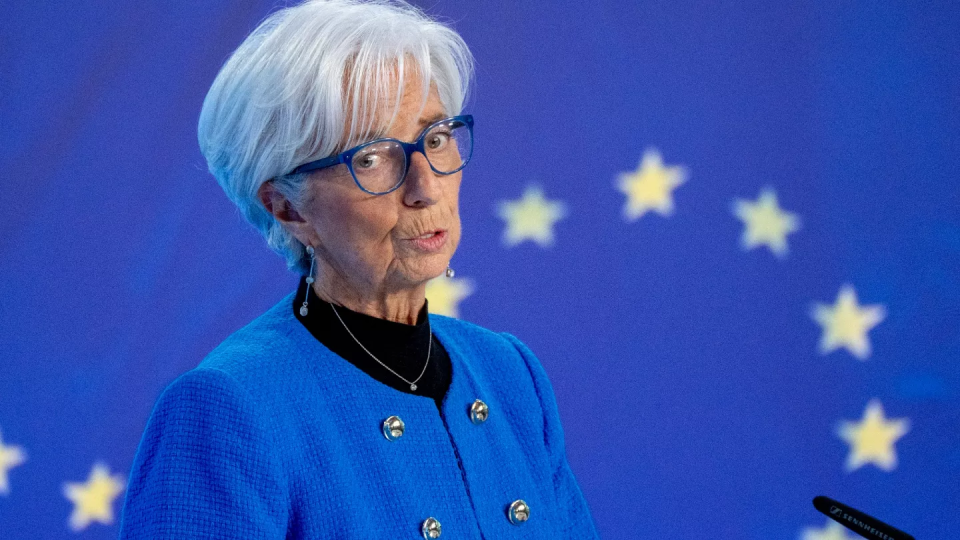European Central Bank President Christine Lagarde has publicly expressed her hope that U.S. President Donald Trump is not considering the dismissal of Federal Reserve Chair Jerome Powell, a scenario that has stirred market anxieties. Speaking during the International Monetary Fund (IMF) and World Bank Spring Meetings in Washington, D.C., Lagarde refrained from speculating on the market impact of such an event but emphasized her desire that it is not “on the table”.
This statement comes amid escalating tensions between the U.S. administration and the Federal Reserve. President Trump has been increasingly critical of Powell for not cutting interest rates quickly enough, suggesting that the U.S. economy could slow down without more accommodative monetary policy. Trump has even publicly questioned the legality of removing Powell before his term ends, intensifying uncertainty in financial markets.
Powell, appointed by Trump during his first term, has recently highlighted the economic challenges posed by the administration’s trade policies, particularly tariffs. These measures have introduced significant uncertainty, potentially slowing growth and increasing inflation pressures, a situation Powell described as unprecedented in modern times. The Fed has paused interest rate adjustments this year after three cuts in late 2024, opting to wait for clearer economic signals before acting further.
In contrast, the European Central Bank has pursued a more aggressive easing stance. Just last week, the ECB cut interest rates by 25 basis points, marking its third reduction in 2025 and the seventh since last summer. This move reflects the ECB’s concerns over sluggish economic growth in the eurozone and inflation nearing its 2% target. The ECB also pointed to global trade uncertainties, exacerbated by U.S. tariff policies, as a key factor weakening the growth outlook.
Lagarde has expressed respect for Powell despite the political pressures he faces. She described him as a “distinguished colleague and friend,” underscoring the professional regard between the leaders of the two major central banks even as their monetary policies diverge.
The IMF and World Bank Spring Meetings, held annually in Washington, D.C., gather finance ministers, central bankers, and global economic policymakers to discuss pressing international financial and economic issues. This year’s agenda is particularly focused on navigating the challenges posed by trade tensions, monetary policy divergence, and global economic growth uncertainties.
Participants include finance ministers from major economies, central bank governors such as Lagarde and Powell, and leaders from international financial institutions. The meetings provide a platform for dialogue on coordinated policy responses to stabilize and stimulate the global economy amid rising geopolitical risks and economic headwinds.
The agenda focuses on several key topics, including the impact of U.S. trade tariffs on global growth and inflation, monetary policy coordination among major central banks, strategies to support emerging markets experiencing financial volatility, and sustainable development financing alongside climate-related economic risks.
These discussions are critical as policymakers seek to balance growth support with inflation control in an environment complicated by political and economic uncertainties.
This dynamic between the Fed and ECB leadership, set against the backdrop of the IMF and World Bank meetings, highlights the delicate interplay of politics, policy, and economics shaping the global financial landscape in 2025.

